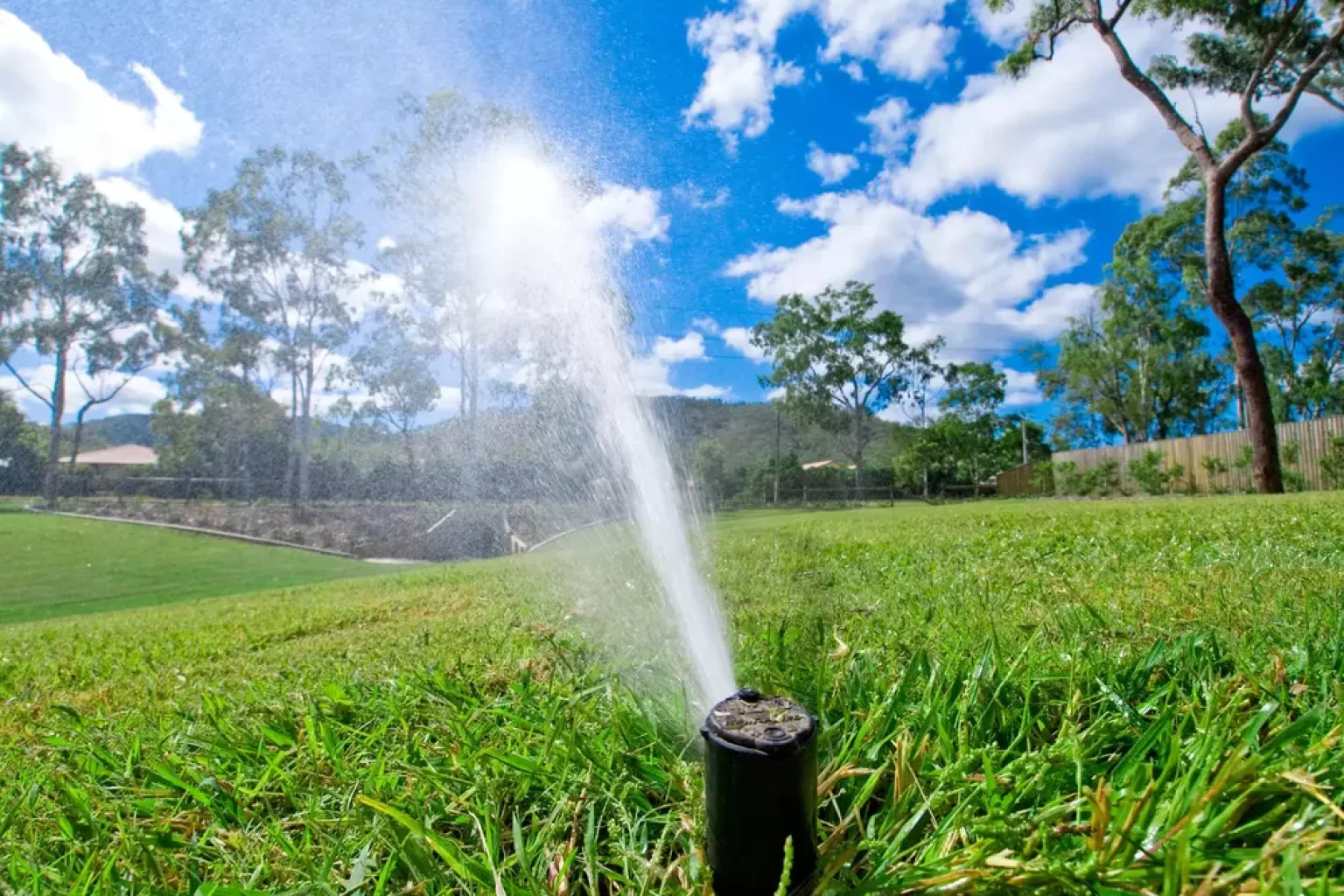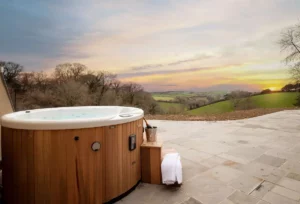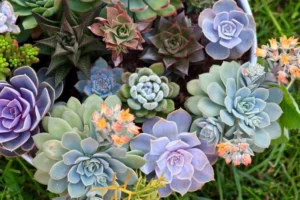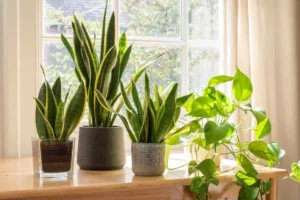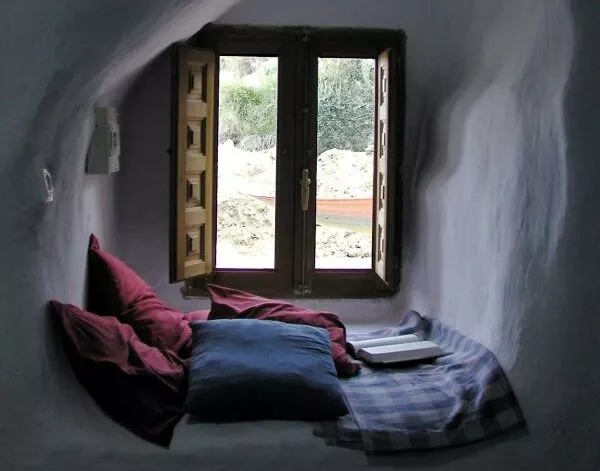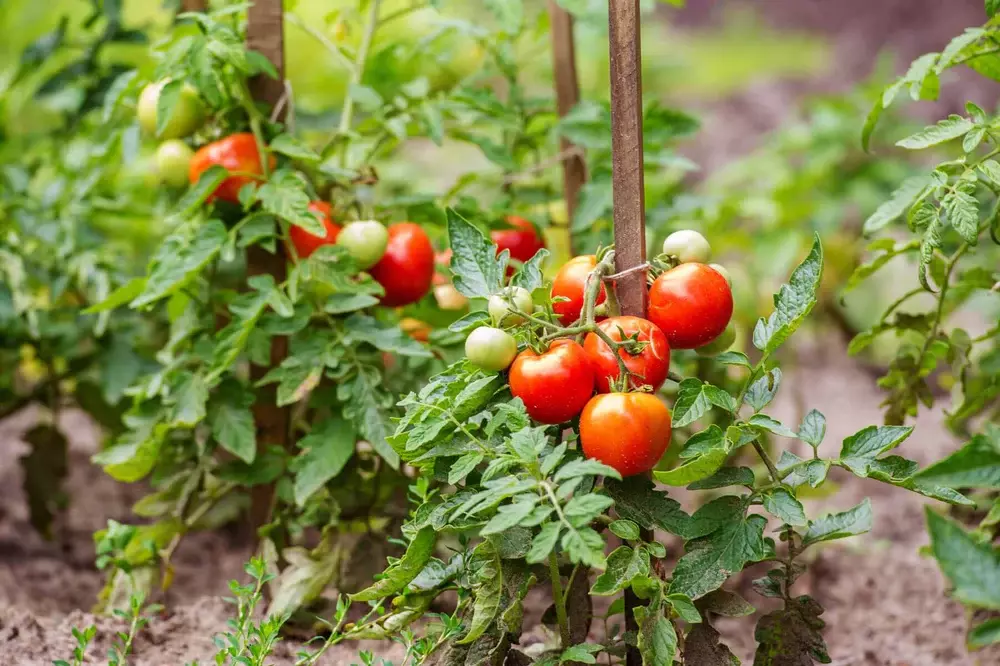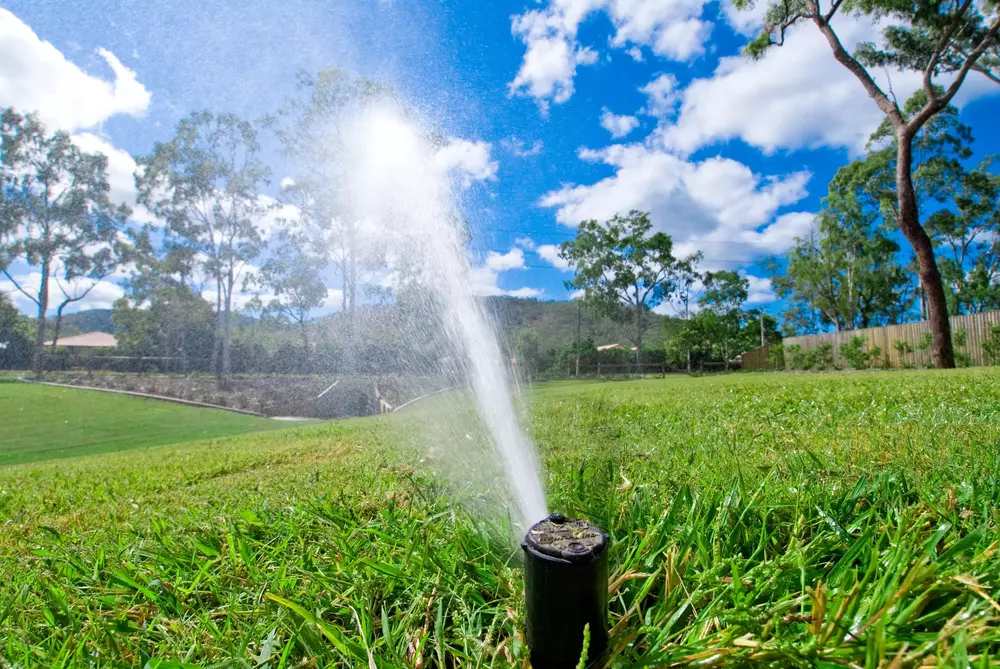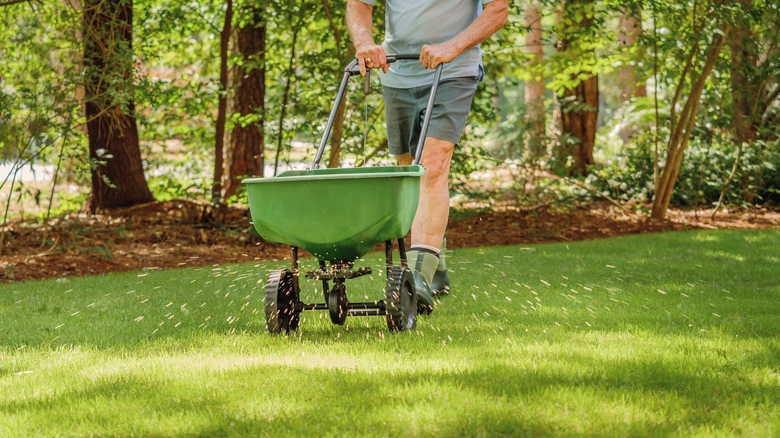There’s a common gardening myth that many of us have heard before: watering your grass in the sun will burn it. But is it a fact or just a piece of folk wisdom? This article dives deep into the science behind this claim, providing you with solid answers and practical advice.
Introduction
The belief that watering grass in the sun can cause it to burn is widespread. This idea is based on the assumption that water droplets can act as mini magnifying glasses, focusing the sun’s rays and scorching your beautiful green lawn. However, the actual science behind this concept may surprise you.
The Science Behind Watering Grass in the Sun

Let’s get to the heart of the matter: Does watering your grass in the sun really burn it? In short, the answer is no. Scientific studies have shown that watering grass under sunlight does not cause it to burn. The principle that water droplets on grass can focus sunlight and burn the blades is theoretically possible, but it doesn’t hold up under real-world conditions.
Grass is not smooth like a piece of paper but rather it’s a rough surface at a microscopic level. This makes it hard for water droplets to focus sunlight to a damaging degree. Instead, the water droplets spread out across the leaf blade, refracting sunlight in various directions. Therefore, the risk of your lawn burning from sunlit water droplets is extremely low.
The Effect of Watering Time on Grass Health
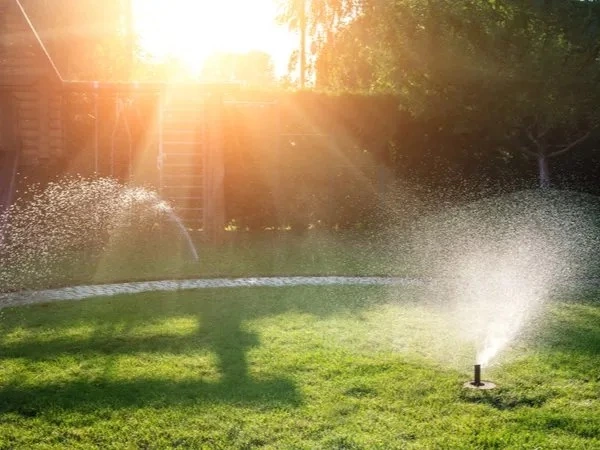
While the threat of burning grass by watering in the sun is largely a myth, the timing of watering can impact the health of your lawn. Watering in the heat of the day can lead to a significant amount of water loss through evaporation. This means that less water reaches your grass’s roots, potentially leading to less healthy and vibrant grass over time.
On the other hand, watering in the evening or at night can promote the growth of fungus and other diseases due to the prolonged moisture on the grass blades. The best time to water grass is typically in the early morning when the sun is low, winds are calm, and temperatures are cool, which allows the water to slowly soak into the ground and be absorbed by the grass roots before it can evaporate.
Best Practices for Watering Your Lawn
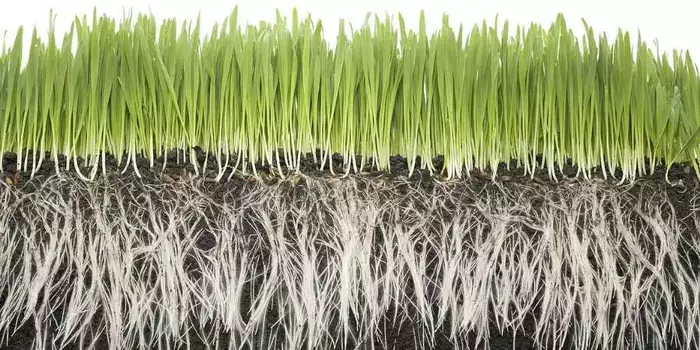
Getting the timing and technique of watering your lawn right is like having a secret key to a healthy, stunning green carpet outside your home. Let’s take a look at some golden rules you should remember:
- Make Friends with the Sunrise: As we’ve hinted at before, the early morning is your ally when it comes to watering your lawn. This time slot cuts down on evaporation, and lets your grass leisurely dry out as the day progresses, keeping those pesky diseases at bay.
- Deep, Infrequent Watering: Instead of watering a little bit every day, it’s generally better to water deeply and infrequently. This encourages the grass to develop a deep root system, making it more resilient and drought-tolerant.
- Monitor Weather Conditions: Be mindful of the weather. If it’s going to rain, you don’t need to water your lawn. Overwatering can lead to a host of problems, including root rot and disease.
Conclusion
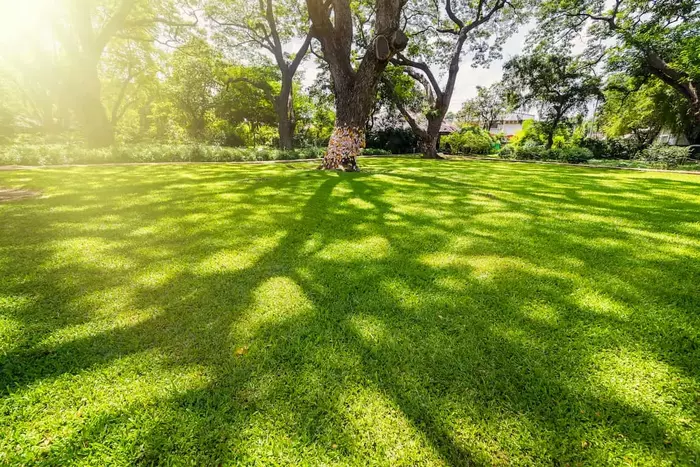
So, does watering grass in the sun burn it? Science says no, so you can put that old gardening myth to rest. However, it’s important to remember that the timing and method of watering can significantly impact the health and beauty of your lawn. By following the best practices outlined in this article, you can ensure your lawn stays green and vibrant throughout the year.
So the next time you hear someone cautioning against watering the lawn in the sun because it’ll burn, you can confidently explain the science and truth of the matter. Happy gardening 🙂


